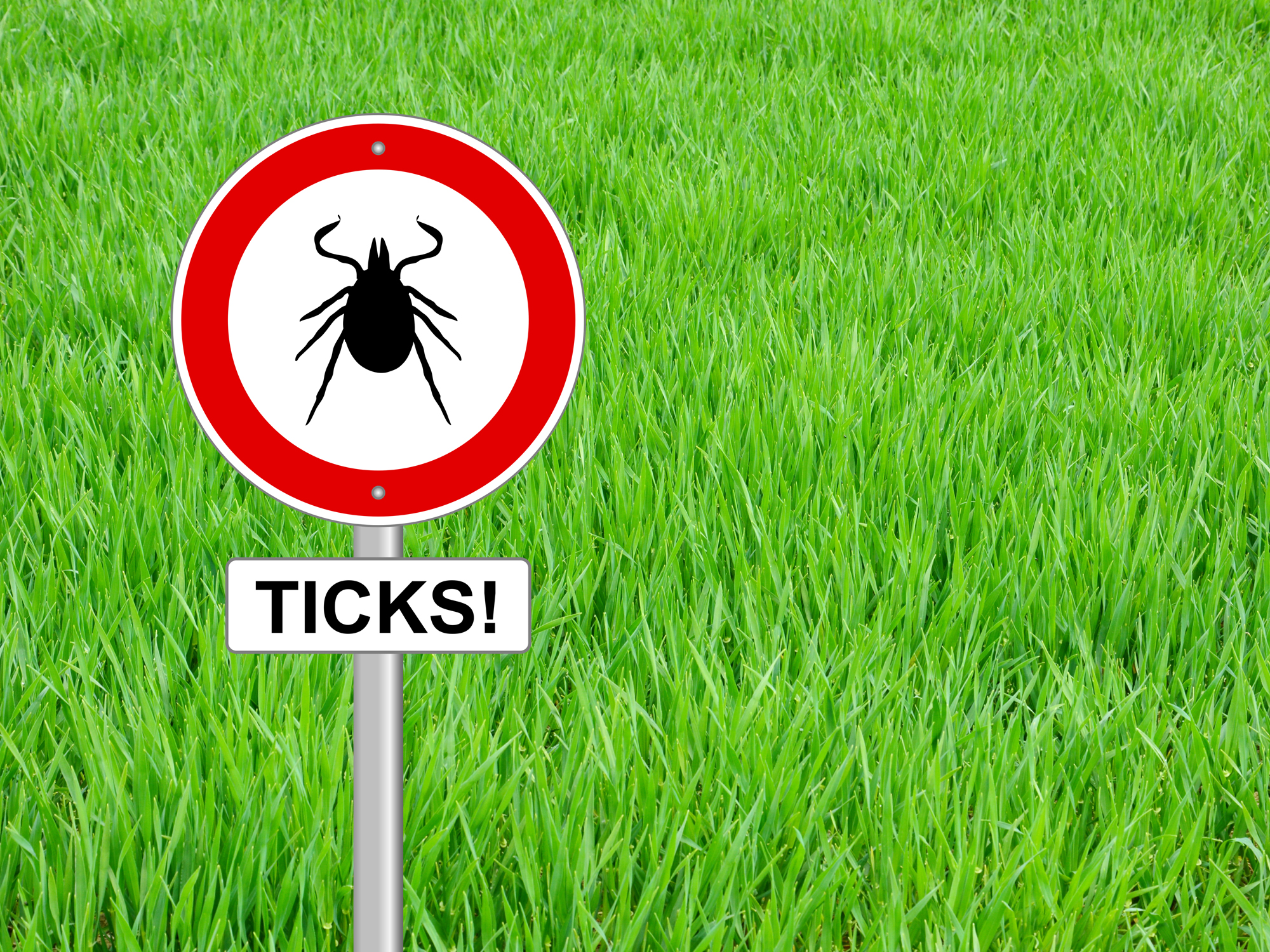Get Easy Health Digest™ in your inbox and don’t miss a thing when you subscribe today. Plus, get the free bonus report, Mother Nature’s Tips, Tricks and Remedies for Cholesterol, Blood Pressure & Blood Sugar as my way of saying welcome to the community!
The new tick danger

Scientists have an unfortunate forecast for this summer — they’re expecting a bumper crop of ticks.
In fact, they think it might be the largest increase in the tick population on record, which means you’ll want to do everything you can to keep yourself tick and Lyme-disease free.
You’ll also want to take precaution for other dangerous tick-borne diseases… particularly Powassan disease.
So far, Powassan disease is relatively rare (there have only been 75 confirmed cases in the past 10 years), but scientists believe as the tick population increases, so will Powassan. And it can be deadly…
The dangers of Powassan disease
Unlike Lyme disease (which is caused by the Borrelia burgdorferiis bacteria), Powassan disease is caused by a virus.
Basically, if you get a tick bite, the tick’s saliva may or may not contain this dangerous virus. If you get a tick bite in the Northeast or Midwest, your chances of being exposed to the virus are greater, because those are the regions where all confirmed cases of Powassan have occurred so far. Once your exposed to it, symptoms of the virus can strike anywhere from one week to one month after you were bitten.
Signs and symptoms of Powassan include fever, headache, vomiting, weakness, confusion, seizures and memory loss. It can also cause encephalitis, which leads to death in 10 percent of people who contract the virus. And about half of people who get the virus deal with long-term neurological damage, including symptoms like recurrent headaches, muscle wasting, facial tics, blurry vision and memory problems.
Basically, like most tick-borne diseases, Powassan can seriously screw with your health and ruin your quality of life.
And, since Powassan is a virus, there’s not much doctors can do to help you prevent or recover from the disease. So it’s up to you to keep yourself safe….
Preventing Powassan
Now, your first line of defense against all tick-borne diseases is extreme caution and prevention. To reduce your likelihood of being exposed to ticks, you should follow the usual common-sense guidelines, like:
- Avoiding thick vegetation, high grass and leaf litter
- Hiking in the center of trails.
- Using natural tick repellents
- Immediately checking yourself and your pets for ticks after spending time outdoors
- Taking a shower after spending time in tick-heavy areas
- Removing attached ticks ASAP so they have less time to transmit disease
- Wearing light-colored clothing so it’s easier to see ticks on you.
- Wearing long sleeves and pants to prevent ticks from attaching to you
- Throwing your clothes in the dryer after spending time in tick-heavy areas
But if you love the outdoors, you may still find the occasional tick on you—even if you’re extra careful.
That’s why you should also start supporting your immune system, so you can ward off any tick-borne pathogens that put your health in harm’s way….hopefully before they have a chance to do any real damage.
After all, not everyone who’s exposed to tick-borne viruses and bacteria develop any symptoms, let alone life-threatening illness…
According to the CDC, most people who are infected with the Powassan virus never develop any symptoms. And the same is true for many people exposed the bacteria behind Lyme — Borrelia burgdorferiis.
Why? Well, it’s hard to say for sure, but it likely has to do with having an efficient immune system versus one that’s sluggish or overburdened. So now’s the time to make your immune-system strong and pathogen-proof. You can do that by:
- Keeping stress levels down
- Getting plenty of sleep
- Drinking lots of water
- Limiting your sugar intake
- Getting enough vitamin D and vitamin C
- Taking probiotics
- Turning to a few trusty natural antibiotics and antivirals for immune-system maintenance, olive leaf extract, Pau D’Arco, Echinacea, or garlic.
Sources:
-
Coming this summer: More ticks and a deadly new tick-borne disease — MedicalXpress. Retrieved May 12, 2017.
-
Powassan Virus — Centers for Disease Control and Prevention. Retrieved May 12, 2017.
-
Tick researchers found Powassan virus in these Maine towns — Bangor Daily News. Retrieved May 12, 2017.












